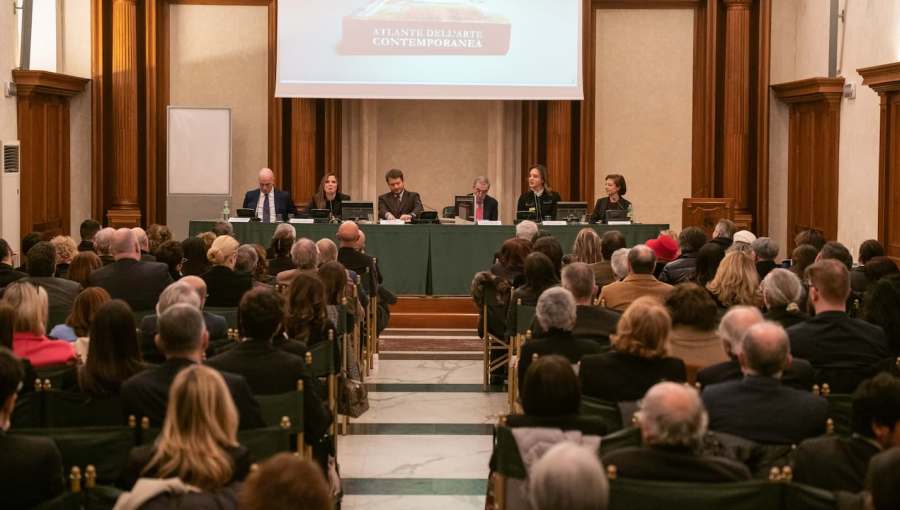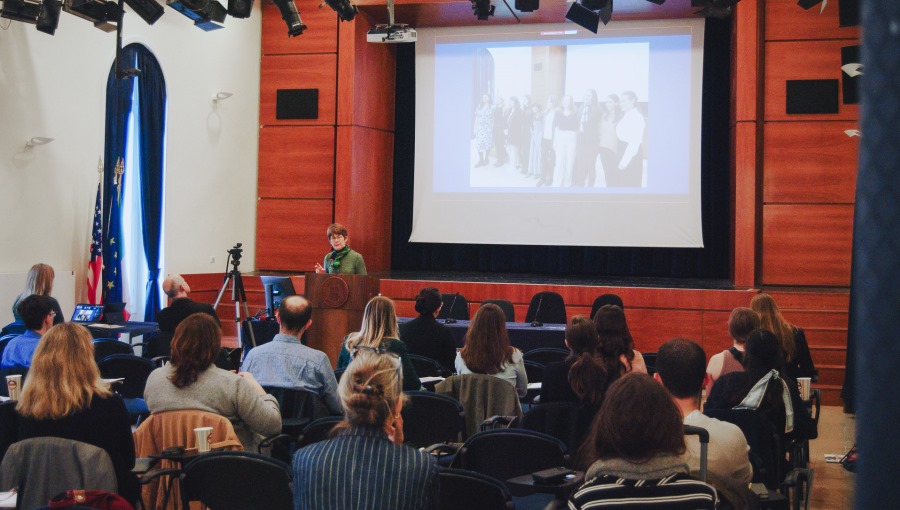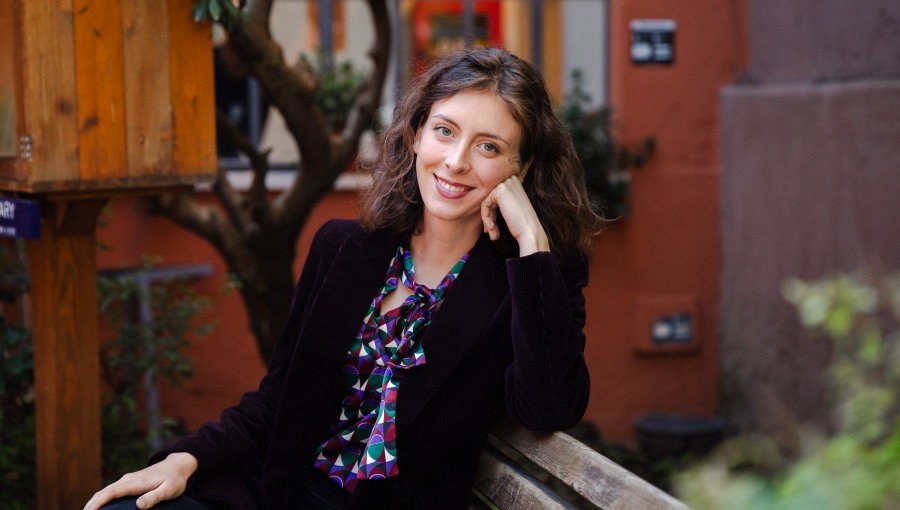British Archaeological Project Accepting Applications for Field School in Basilicata
The British Archaeological Project is accepting applications for its 2018 field school in the ancient Lucano-Roman town of Grumentum in Basilicata, Italy. The project, now in its fifth season, serves as a field school for students of archaeology and classics and oversees the excavation of several trenches positioned to the southeast of the forum at Grumentum. The program runs from July 4—28, 2018. The application deadline is March 30, 2018.
Professor Massimo Betello of John Cabot University is vice-director of the excavation and co-director of scientific research. An archaeologist, Prof. Betello has worked and excavated extensively in Italy as a member of Italian, American and British missions, focusing especially on the ancient city of Pompeii, where he studied the architectural development of several small atrium houses. The Director of the project is Dr. Taylor Lauritsen of Kiel University in Germany.
Grumentum is a Roman town situated on the right bank of the Agri River in western Basilicata. The site was first established in the middle of the 1st millennium BC as a Lucanian settlement with a sparsely populated hinterland. In the 3rd c. BC, Grumentum came under Rome’s influence and by the late 1st c. BC, a Roman colony had been installed at the site. This event heralded an age of growth and prosperity in the town and its territory. In the Augustan period, a forum-basilica (rare in this part of Italy) was constructed, followed in the coming centuries by an aqueduct, theatre, amphitheater, and pair of bath complexes.
The aims of the project are threefold: 1) to identify the locations of commercial and industrial structures (tabernae, inns, bakeries, potteries, fulleries, etc.) within the city of Grumentum and its surrounding territory; 2) to connect the development of the town’s urban landscape with the installation of a Roman colony on the site; 3) to assess the arrangement of pre-Roman structures in the areas of excavation (if present).
Run under the aegis of the University of Cardiff (UK), the program will run for three weeks, and every Sunday there are visits to the major Roman and Greek sites of the area: Pompeii, Paestum, Metapontum.
For more information about the BAPG or to submit an application, please visit the project website at www.bapg.co.uk.






